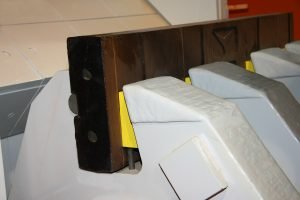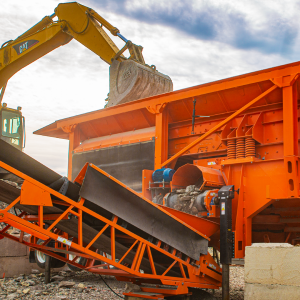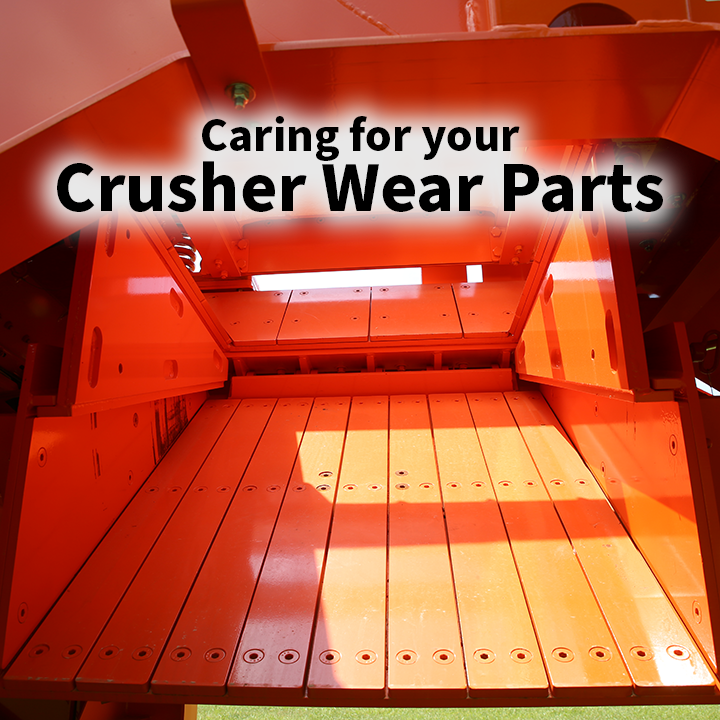Caring for your crusher wear parts
You just spent lot of money on a crusher, so you don’t want to keep spending more money on frequent parts replacements. Parts aren’t cheap and those that are have an increased chance of causing more issues to the overall plant. While your crusher wear parts will always have to be replaced eventually, following a few simple tips will help you to reduce costs in the long term and keep your equipment up and crushing it.
Conduct frequent inspections
When you take a couple minutes each day or week to look over the crusher, belts, feeder and screens, you can notice issues starting to build up before they become a real problem and require parts and unexpected downtime to fix. For example, if you notice blowbars are wearing on one side faster, you can work to feed material on the opposing side, allowing the bar to last longer before reaching the point where it must be flipped or replaced. You may also look to adjust settings so less material is returning to be crushed, thus reducing wear on one side of the bar.

Watch material feed mix and size
Crushers, no matter the type, can only handle feed of a certain size. Constantly approaching the maximum feed size for the crusher will put undue stress on the crusher, causing premature failure of the parts and may also cause drive issues. You should also ensure what you are feeding can be crushed. While some crushers can handle a reasonable amount of steel, others cannot. Even if a crusher can handle some steel, like rebar, it does not mean you should abuse its capabilities and expect a crusher to always handle things like steel plate, structural steel, or even a hidden floor safe. You may get lucky and have no issues, or you may spend a few hours or days down while replacing damaged parts.

Using OEM parts
There is a saying, “you get what you pay for” and it holds true for crushers too. Spending a lot of money on a high-quality crusher means using OEM parts that are specifically designed for that unit. Parts pirates may be able to sell you a similar part for a couple dollars less than the manufacturer, but did that pirate take the time to test their designs in the field, inspect the foundries and conduct analysis on their parts to ensure they meet exacting engineering specifications? It’s unlikely. In the long run, using OEM parts might cost a few dollars more, but you can usually expect better performance from OEM parts, meaning you’ll more than make up for the few extra dollars spent versus the pirated parts.
Get the most out of your crusher wear parts
These are just a couple of the most important steps towards caring for your wear parts. Every crusher and their owner is unique, and so are the preventative maintenance steps. If you aren’t sure if you are checking the wear parts correctly, or want a second opinion on how to extend the life of your wear parts, reach out to a Team Eagle member today!



